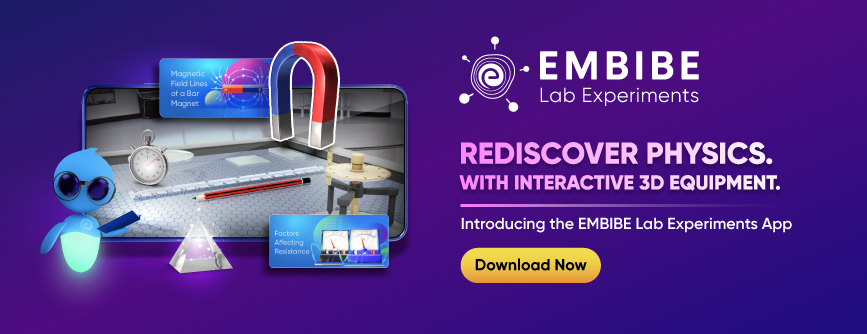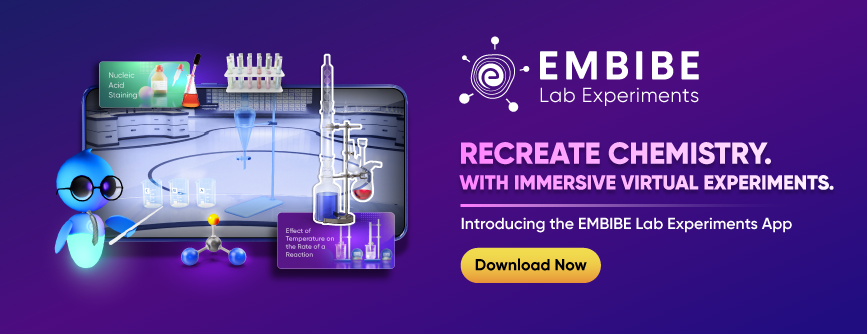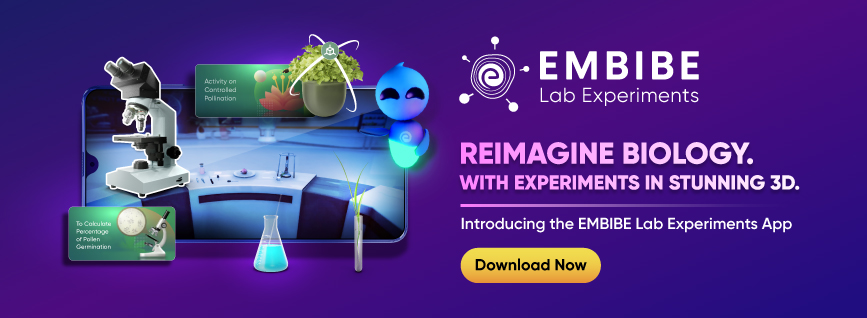| Chapter No. | Physics Chapter | Topics |
| 1 | Physical World | Understanding Physics, Scope of Physics, Relation Between Physics Ecology and Society, Fundamental Forces of Nature, Nature of Physical Laws |
| 2 | Units and Measurements | Physical Quantities, International System of Units, Measurement of Length, Measurement of Mass, Measurement of Time, Accuracy and Precision of Instruments, Error in Measurement, Significant Figures, Dimensional Formulae and Equations, Dimensional Analysis and Its Applications |
| 3 | Motion in a Straight Line | Position, Path Length and Displacement, Speed and Velocity, Acceleration, Kinematics Equation for Uniformly Accelerated Motion, Relative Velocity |
| 4 | Motion in a Plane | Scalars and Vectors, Position Vector, Displacement, Velocity and Acceleration, Motion in a Plane With Constant Acceleration, Relative Velocity in Two Dimensions, Projectile Motion, Uniform Circular Motion |
| 5 | Laws of Motion | Force, Laws of Inertia, Newton’s First Law of Motion, Newton’s Second Law of Motion, Impulse and Change in Momentum, Newton’s Third Law of Motion, Conservation of Momentum, Equilibrium of a Particle, Common Forces in Mechanics, Friction, Circular Motion, Applications of Newton’s Law of Motion |
| 6 | Work, Energy and Power | The Scalar Product of Vectors, Work-Energy Theorem, Work, Kinetic Energy, Work Done by a Variable Force, Potential Energy, Conservation of Mechanical Energy, Various Forms of Energy and Law of Conservation of Energy, Power, Collisions |
| 7 | System of Particles and Rotational Motion | Rigid Body, Centre of Mass, Motion of Centre of Mass, Linear Momentum of a System of Particles, the Vector Product of Vectors, Kinematics of Rotation, Torque, Equilibrium of a Rigid Body, Moment of Inertia, Theorems of Perpendicular and Parallel Axes, Kinematics of Rotational Motion About a Fixed Axis, Pure Rotational Motion, Angular Momentum in Case of Rotation About a Fixed Axis, Rolling Motion, Energy in Rotation |
| 8 | Gravitation | Kepler’s Law, Inertial and Gravitational Mass, Universal Law of Gravitation, The Gravitational Constant, Acceleration Due to Gravity of Earth, Acceleration Due to Gravity Below and Above the Surface of Earth, Gravitational Potential Energy, Escape Velocity, Earth Satellites, Energy of an Orbiting Satellite, Geostationary and Polar Satellites, Weightlessness |
| 9 | Mechanical Properties of Solids | Elastic Behaviour of Solids, Stress and Strain, Hooke’s Law and Modulus of Elasticity, Stress and Strain Curve, Elastic Moduli, Elastic Potential Energy in a Stretched Wire, Applications of Elastic Behaviour of Materials |
| 10 | Mechanical Properties of Fluids | Mechanical Properties of Fluids, Pressure Inside a Fluid, Pascal’s Law, Atmospheric Pressure & Gauge Pressure, Hydraulic Machines, Archimedes Principle, Fluid Mechanics, Streamline Flow, Bernoulli’s Principle and Its Application, Viscosity and Coefficient of Viscosity, Stokes Law, Critical Velocity and Reynolds Number, Surface Tension |
| 11 | Thermal Properties of Matter | Temperature and Measurement of Temperature, Ideal Gas Equation and Absolute Temperature, Thermal Expansion, Specific Heat Capacity & Molar Heat Capacity, Principle of Calorimeter, Change of State, Heat Transfer, Conduction, Convection, Radiation, Newton’s Law of Cooling |
| 12 | Thermodynamics | General Terms in Thermodynamics, Thermal Equilibrium, Zeroth Law of Thermodynamics, Heat, Internal Energy & Work, First Law of Thermodynamics, Specific Heat Capacity, Thermodynamics State Variable and Equation of State, Thermodynamic Process, Heat Engine, Refrigerators and Heat Pumps, Second Law of Thermodynamics, Reversible and Irreversible Processes, Carnotengine |
| 13 | Kinetic Theory | Molecular Nature of Matter, Kinetic Theory of an Ideal Gas, Loss of Equipartition of Energy, Specific Heat Capacity of Gases, Mean Path and RMS Speed |
| 14 | Oscillations | Periodic and Oscillatory Motion, Simple Harmonic Motion, Simple Harmonic Motion and Uniform Circular Motion, Velocity and Acceleration in Simple Harmonic Motion, Force Law for Simple Harmonic Motion, Energy in Simple Harmonic Motion, Oscillations of a Spring- Block System, Simple Pendulum, Damped Simple Harmonic Motion, Forced Oscillations and Resonance |
| 15 | Waves | Waves, Classification of Waves, Transverse and Longitudinal Waves, Equation of a Progressive Wave, Speed of a Travelling Wave, Principle of Superposition of Waves, Reflection of Waves, Standing Waves, Beats, Doppler Effect in Sound |








































